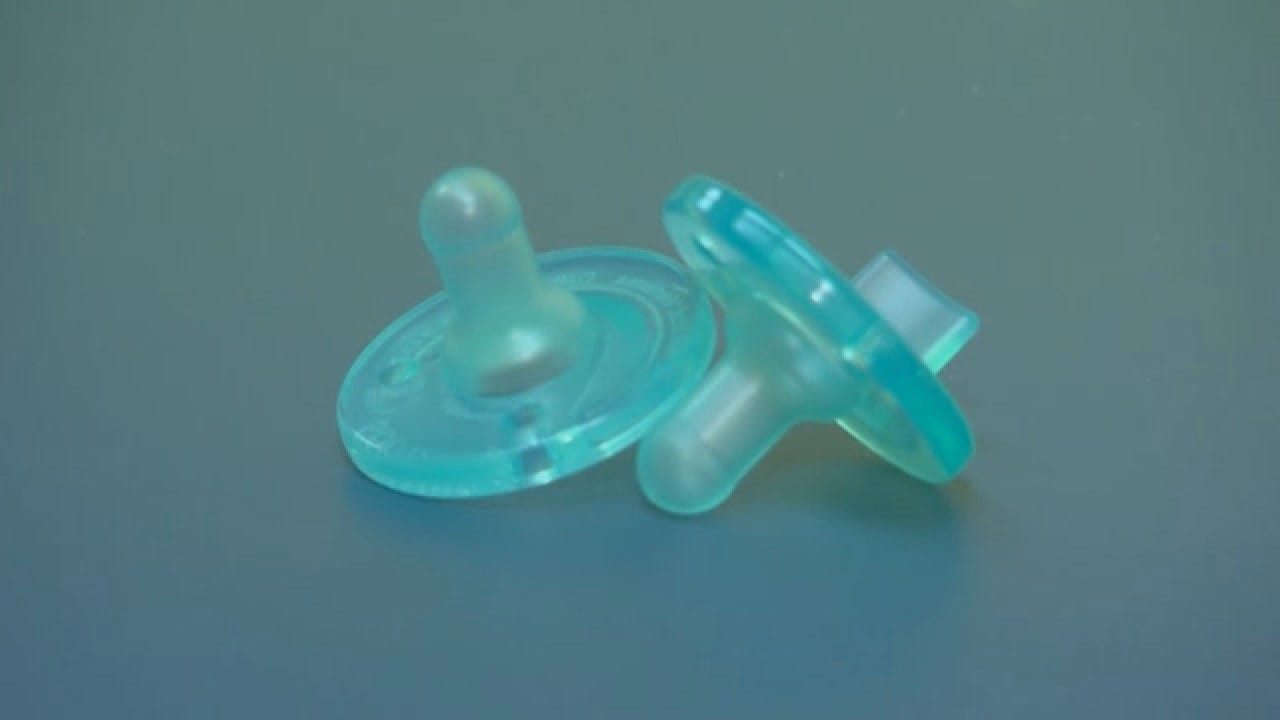Officials Warn About Honey-Filled Pacifiers After Cases Of Botulism
<p>The Texas Department of State Health Services is warning parents and other adults not to give babies pacifiers containing honey, after four infants in Texas were treated for botulism. </p>Tuesday, November 20th 2018, 8:37 am
The Texas Department of State Health Services is warning parents and other adults not to give babies pacifiers containing honey, after four infants in Texas were treated for botulism. Health officials say the four babies who got sick had each been given a honey-containing pacifier purchased in Mexico, CBS affiliate KHOU reports.
The department issued the warning Friday and reported that the four illnesses occurred from mid-August to the end of October. All four infants were hospitalized for life-saving treatment. The infants were unrelated and lived in different parts of the state.
Botulism is a serious illness which is caused by a toxin that attacks the body's nerves. The toxin can cause difficulty breathing, paralysis, and even death.
Honey can contain bacteria that produce the toxin in the intestines of infants that consume it. The Centers for Disease Control and Prevention and the American Academy of Pediatrics have long advised that children under 12 months old should not consume honey.
Doctors say by the time children reach their first birthday, they've developed enough other types of bacteria in their digestive tract to prevent the botulism bacteria from growing and producing toxin.
According to a press release from the Texas Department of State Health Services, honey-filled pacifiers are not commonly sold in the United States, but might be available in some specialty stores and online retailers. Although most of the products are not designed for the honey to be consumed, some have reportedly had a small hole allowing the child to eat the honey, or the pacifier could accidentally rupture or leak.
Parents should also avoid pacifiers containing any other food substance, because they could also pose a risk of botulism, the health department said.
Botulism is rare, with just 205 cases reported cross the U.S. in 2016, according to the CDC; 150 of those cases were in infants under 10 months old.
More Like This
November 20th, 2018
April 30th, 2025
Top Headlines
July 25th, 2025
July 25th, 2025
July 24th, 2025
July 24th, 2025










